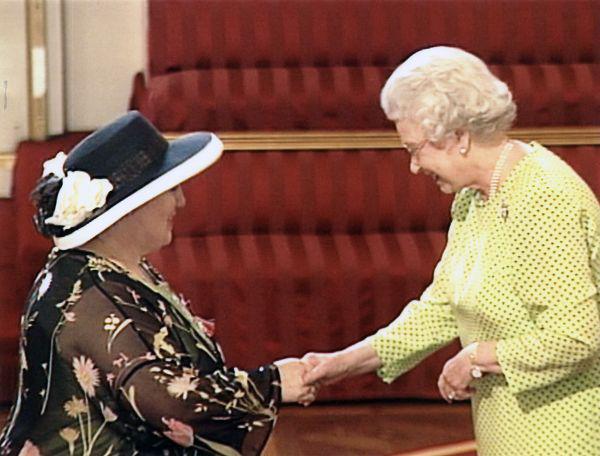Meet Jennifer Argote, Executive Assistant to the President and Chief Executive Officer, AFCEA International
If you have ever called Kent Schneider, president and chief executive officer of AFCEA International, or arranged his attendance at your chapter’s upcoming function, chances are you have either spoken to or interacted with his ebullient executive assistant, Jennifer Argote. Now celebrating two years on the job, Argote is a native of Worcester, a town in the British midlands, and she attended an all-girls secondary school. After what she calls some “technical education,” she went to work for the British Ministry of Defense.
“My first job was with the British Army’s 14th Signal Regiment, Royal Corps of Signals. I started as a pool typist and ended as the commanding officer’s secretary,” she recalls in her strong British accent. Afterward, Argote decided she wanted to go abroad and applied for an overseas posting. “I was offered three positions, two in Germany and one in the United States,” and she took the American posting.
The job took her to the British Embassy in Washington, D.C., and was originally intended as a three-year tour. Her assignment brought her to the nation’s capital in the early 1970s, a time when social unrest, she adds, made D.C. a less-than desirable posting for British expatriates. The three-year tour at the embassy was extended to 38 years, giving Argote a total of 41 years of service to the British military.
Most of that time was spent working on numerous military weapons systems that will be familiar to long-time AFCEA members. “This dates me, but I worked on Polaris; KH-793 and Trident; the now-defunct 512-STRE, which was engaged in geodetic survey, tasked by the Americans, and tri-service UK teams, traveling globally and engaged in geodetic survey. I loved that job,” she relates. Argote also worked on the Royal Navy Sub harpoon program; at the British Air Armament Office, dealing with air-to-air and air-to-ground weapons; and finally, with the F-35 Joint Strike Fighter program just before her retirement.
In recognition of her long service to the British military and to the nation, Argote received what might be described as a very singular recognition in 2004. Queen Elizabeth II named Argote a Member of the British Empire, for which she is entitled to add the initials “M.B.E.” to the end of her name. “I received the award from her majesty at Buckingham Palace on the July 7, 2004. It was given for services to the Ministry of Defence,” she recalls. Argote considers the recognition from the British sovereign the “crowning moment of my professional life, because it is recognition from the highest level. We are crown servants when we’re in the embassy, and to have the sovereign recognize your efforts and reward you for them, it’s a very big deal indeed.” On special occasions, she displays the medal and a special warrant, or certificate, signed by Prince Phillip that explains the M.B.E. honor. In addition, Argote has received recognition from the U.S. secretary of defense for exceptional public service, which was presented to her in December 2009 by Lt. Gen. C.D. Moore II, USAF, who was the deputy program executive officer with the Joint Strike Fighter program at the time.
As for leisure activities, Argote principally enjoys going to the ballet. “A bad night at the ballet is better than a good night anywhere else,” she quips, adding that she has been fortunate to see many world-class ballet companies perform in Washington, D.C., and New York. In addition, she is a subscriber to the Washington Ballet. Argote also is a master catechist for the Roman Catholic Diocese of Arlington, Virginia, and has served as a volunteer religious instructor for the past 23 years. She also enjoys watching professional bicycling.
Before coming to AFCEA, Argote says that her primary connection with the association had been through reading SIGNAL Magazine, which was a regular fixture in nearly all of the offices in which she had worked. She describes AFCEA as an organization with “a great deal of heart and great deal of insight into its mission of being an ethical forum in exchanges between academia, industry as well as defense.” Commenting on AFCEA’s international focus, Argote is quick to stress that the association’s interactions with members and chapters outside of the U.S. are conducted “from the viewpoint of being open and helpful, and being encouraging, rather than being the remote headquarters.”





Comments